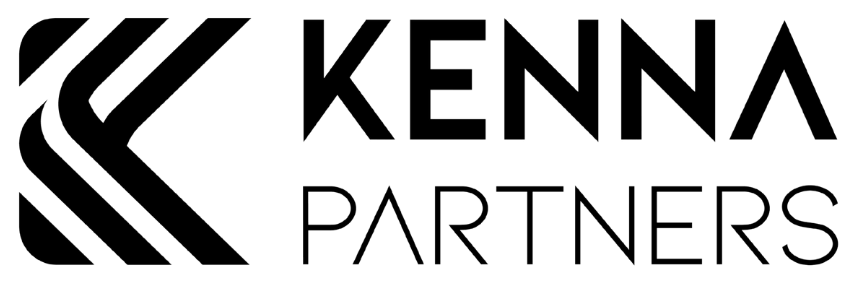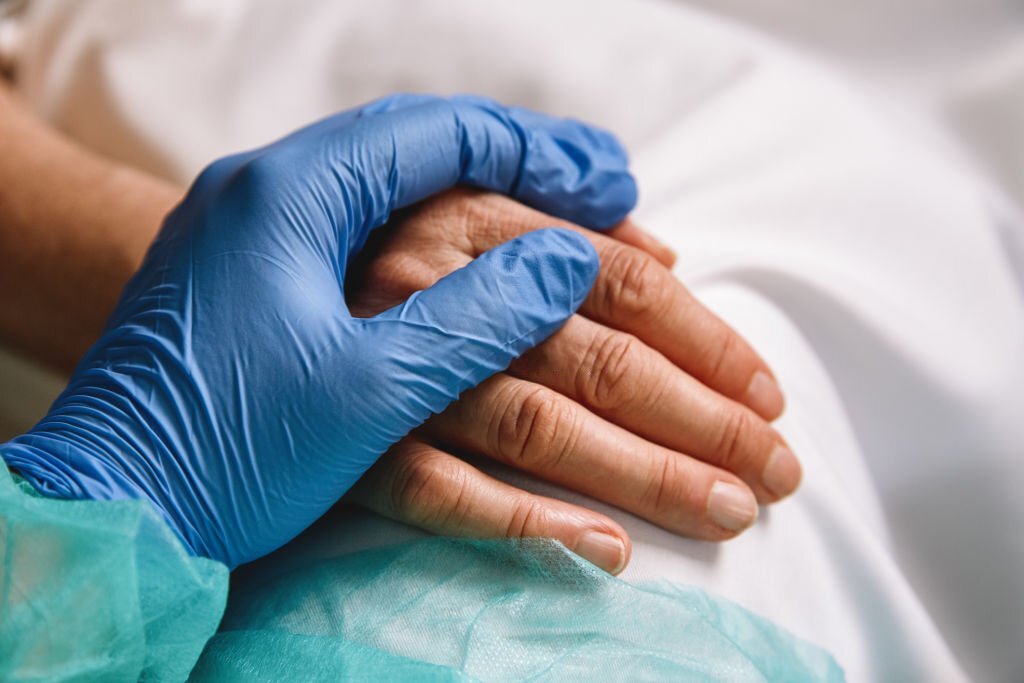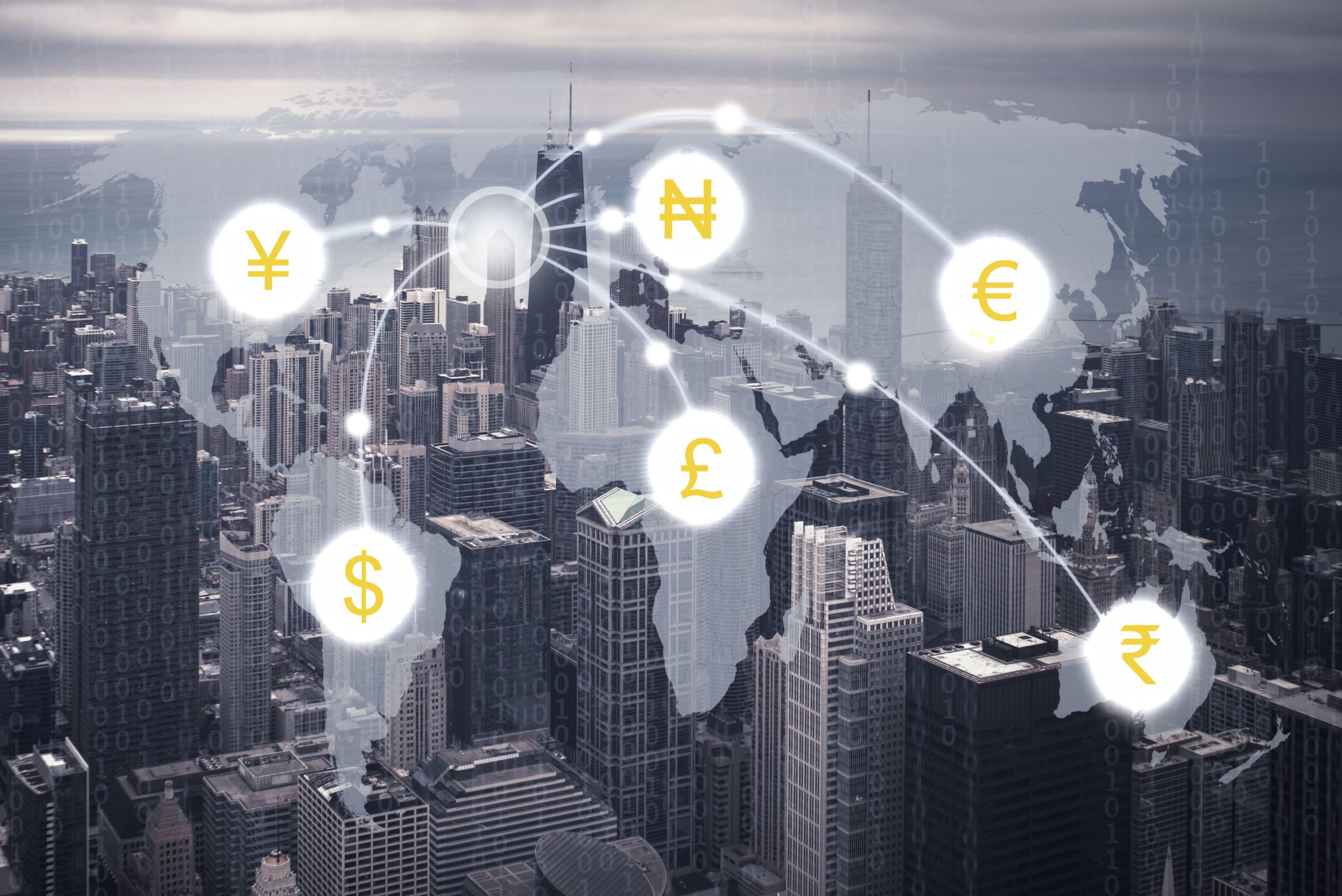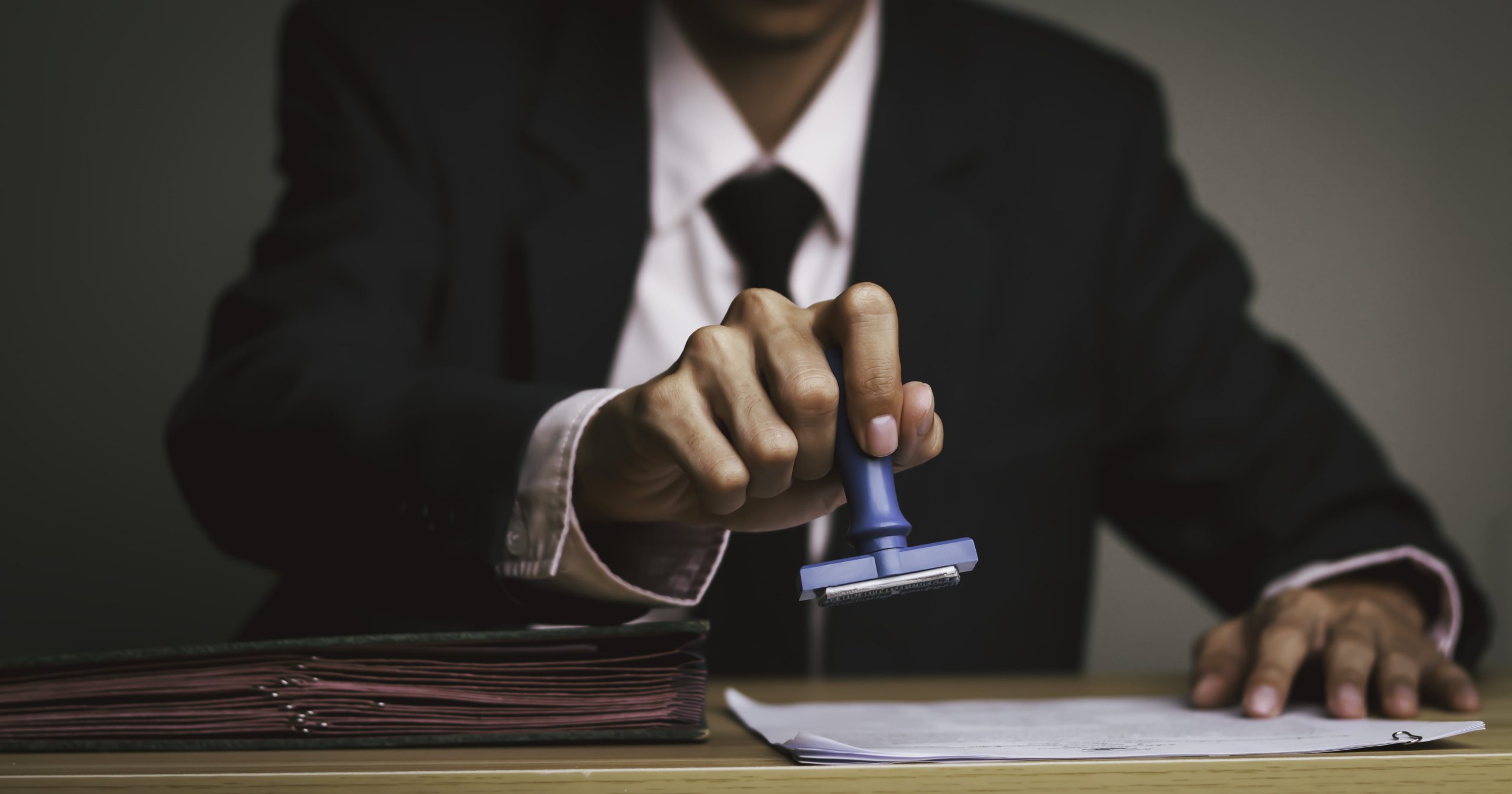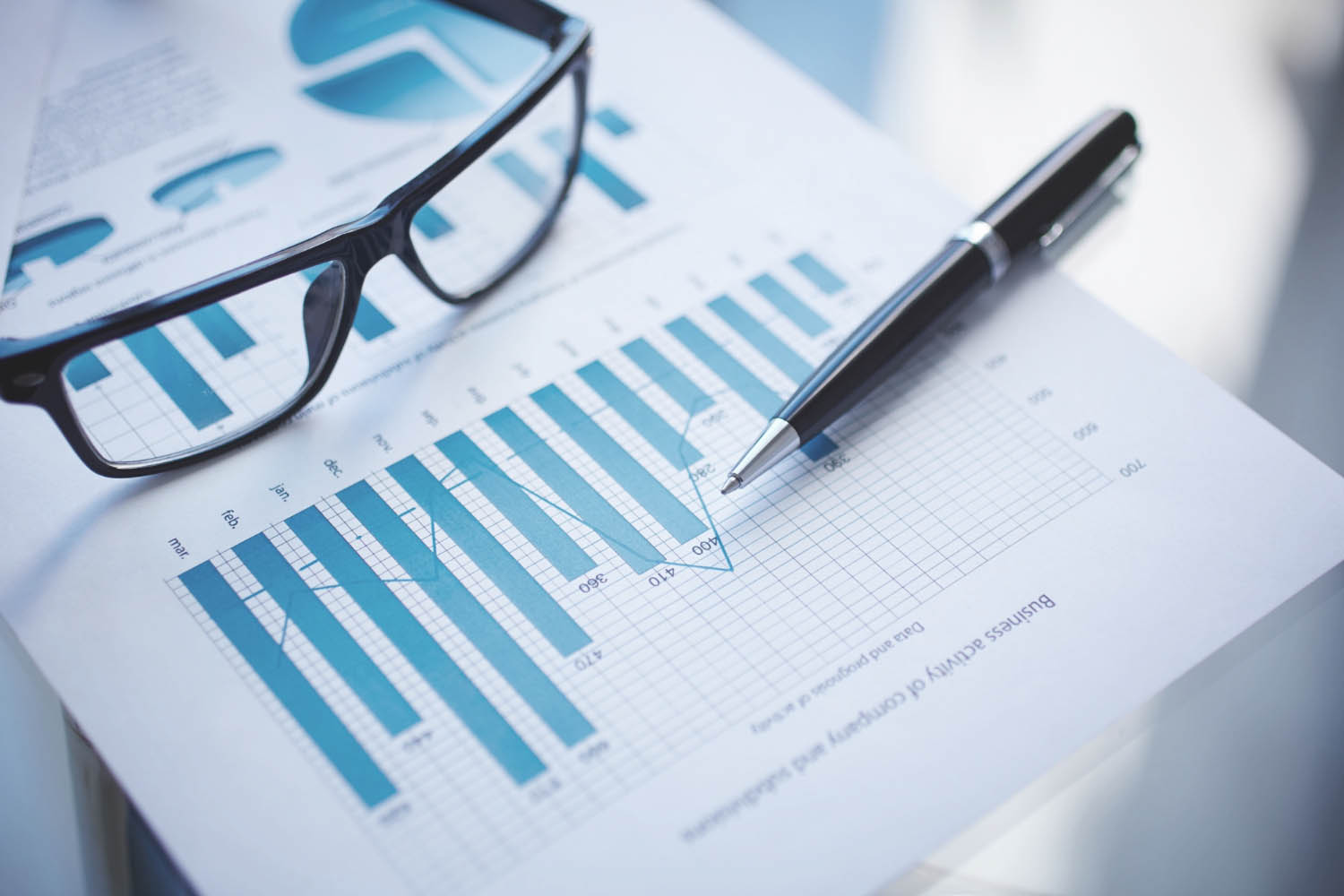Introduction
United States Congressmen Arlen Specter notably remarked that “the fundamental purpose of government is to protect its citizens.” This is a truism that has been pronounced by thinkers and social science analysts for decades. For it was agreed that individuals submit to the authority of the state in exchange for the assurance of security. This assigned role of government, as the protector of citizens, gains increased credence when there is an existential threat to the lives of individuals. Such threats can be in the form of war, robbery and even the outbreak of diseases. It is no longer news anymore that the deadly COVID-19, AKA Corona Virus, has gained notoriety and the attention of the world. Globally as of March 1, 2020, there was a reported 87 137 confirmed cases. The news surrounding the outbreak has resulted in panic, hysteria as well as several reported cases of unsavory business practices. However, COVID-19 has been deemed the virus-like due to its resultant economic hardship. According to Reuters and the World Economic Forum, China’s economy, the origin of the disease, is expected to slow down to 4.5% growth which is the slowest since the financial crises of 2008 as most goods coming from China have been quarantined indefinitely. As a result, businesses are struggling to meet their demand for goods that ordinarily originate from china. The result is a very cautious financial market and fears of a recession if the disease is not contained soon. Likewise, the International Energy Agency reported that “Global oil demand has been hit hard by the novel coronavirus.”
Governmental activities during disease outbreaks
The effect of COVID-19 on the global economy has necessitated the need to examine the exercise of governmental powers during emergencies such as the outbreak of diseases such as COVID-19. in Nigeria, the President is authorised to unilaterally or at the request of a state governor declared a state of emergency. This enables the Legislature to adopt laws that curtail certain fundamental rights and also allows the Executive to take specific actions that can restrict fundamental rights. This is possible under section 305 of the 1999 Constitution. A state of emergency is permitted in situations of “imminent danger” or “public danger which clearly constitutes a threat to the nation” and “actual breakdown of public order or public safety.” (Section 305 1999 Constitution of the Federal Republic of Nigeria (as amended). The exercise of such governmental powers is a legal derogation of rights to property, speech, and movement. The Presidential powers in such instances are broad and have been used to curtail the outbreak of riots and electoral violence. Nevertheless, can it be used to contain the outbreak of diseases?
In 2014, President Goodluck Jonathan exercised this authority to control and contain the Ebola virus a national emergency, following the confirmation of 7 cases of the deadly virus in the country. Furthermore, Section 35 (1) (e) of the 1999 Constitution allows the restriction of liberty and movement in the case of persons suffering from infectious or contagious disease. There are other relevant laws and policies passed by the government in order to contain the outbreak of diseases, and they include Nigeria’s National Health Act 2014 (NHA 2014) and the National Policy on Integrated Disease Surveillance and Response. Furthermore, there exist state laws that seek to curtail the spread of contagious diseases. For example, Section 33 of the Lagos State Public Health Law has criminalised and made it an offense for an individual to enter into a public transport while with an infectious or communicable disease without notifying the person in charge. The fine under section 33 of the law is NGN100, 000.00 (Hundred thousand Naira).
Governments play an intrinsic role in directing policy through fiscal and policy directives. Thus, in seeking to curtail and prevent the spread of contagious diseases Government has passed stimulus packages to promote growth in key industries such as the pharmaceutical industry. On March 18, 2020, the Central Bank of Nigeria announced a 6 initial policy response to combat the outbreak of COVID-19 which is inclusive of interest rate reduction, credit support for the Health Care Sector and strengthening of Loan to Deposit Rate Policy. Likewise, there was an additional NGN1 Trillion stimulus package for the economy. Furthermore, governments like the United States of America have reduced in rates for patent acquisition and a reduction in the procedure for testing of new pharmaceutical drugs.
Notwithstanding the need to contain the spread of the diseases, the government also has a duty to protect the citizens from hysteria and economic practices that seek to take advantage of the situation and risk destabilising the society. Thus, the government in some cases has been called upon to address unsavory business practices such as predatory pricing. In the USA, statutory prohibitions on price gouging protect people in America from exploitative increases in the costs of essential goods, once a state of emergency has been declared. In the state of Kentucky, retailers and private citizens may not sell certain essential goods and services for more than ten percent above the average price for fifteen days following a state of emergency. There exist similar laws in other states in the United States of America such as the State of California and Alabama. These various states utilize such laws during periods of instability that necessitate the declaration of a state of emergency.
In Nigeria, there exists no clear legislation that seeks to prevent price gouging, but Section 88 of the Federal Competition and Consumer Protection Act (FCCPA) is close to replicating such a provision. However, the section only permits regulation of price “for regulating and facilitating competition.” Therefore, the Federal Competition and Consumer Protection Commission (“the. Commission”) has been relying on the full range of powers vested in the agency under the FCCPA when it issued a declaration to clamp down on businesses increasing prices of protective and hygiene products in light of the reported outbreak of COVID-19 in the country. The Commission’s declaration came after the astronomical increase in the price of hygiene items as a result of the bedlam surrounding the spread of COVID-19.
The Commission relies on Section 17 of the FCCPA to prohibits ‘obnoxious trade practices’, or the -unscrupulous exploitation of consumers’ also Section 108 (1) (b) and (c) of the FCCPA which criminalizes business practices that unduly limits or manipulate supply, in order to unreasonably enhance price or otherwise restrain competition. Thus, the FCCPA in Nigeria is the body authorised to regulate pricing during the outbreak of a disease and the basis for such regulation is the need for general consumer protection against unsavory practices such as hoarding and price hikes.
This has been argued to create a situation of “public safety” as hand sanitizers are a tool to fight the spread of COVID-19. The Commission also called on citizens to report business practices that are deemed to be predatory with promises to shut down culpable businesses.
The question on whether the exercise of the Commission’s powers is lawful is yet to be decided upon by the Courts. The Courts must balance out the need for regulation with the need to follow due process.
Furthermore, assuming that governments are recognised to have such powers to interfere on the pricing of goods, can such exercise of powers not be extended to the temporary seizure of patent and intellectually protected goods? Such private property rights will be eroded during the declaration of public emergency for as Justice Louis D. Brandeis stated: “Only an emergency can justify repression.”
Recommendation and Conclusion
While the outbreak poses immense challenges to businesses, it also presents immense opportunities to build new supply chains and networks. Likewise, it is essential for businesses, business owners and general counsels of businesses to:
- Strike a balance between presenting a human face and exploiting the economic opportunities presented. This is key as consumers will remember businesses that intend to use a disease outbreak to exploit them further;
- Consider reviewing the Businesses work from home policy;
- Encourage enhanced personal hygiene amongst employees and in the business
- Review the Businesses Health Policy to be up to date with International Best Practices;
- Exploit the inactivity of The lack of the significant global supply chain to forge new alliances;
- Regularly check the news and encourage the same amongst employees to avoid incidences of Fake news and panic;
- Monitor employees and customers and suggest self-quarantine where necessary.
- Not to panic or make rash decisions. The virus will be contained one day, but the consequences of some of the actions businesses take will remain.
In conclusion, the government as an institution is empowered by various statutory and constitutional provisions to curtail rights for the benefit of the general public in situations of emergencies such as the spread of contagious diseases. The extent of such limitation can be on liberty, property, and speech. Thus, situations such as the curtailment of an intellectual property right are not farfetched.
